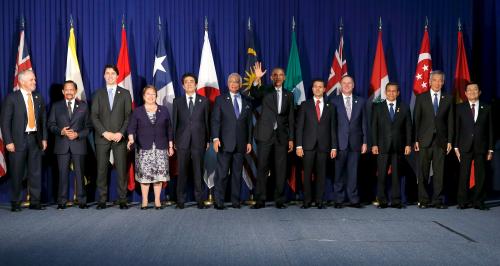Most scholars working in public policy are concerned with how to harness the power of markets to achieve broader social goals. This week’s reads all touch on this topic.
Start by considering the broad question of markets, externalities, and unforeseen consequences. The Onion, a satirical magazine, reflects on the impact of analytical work on public policy choices.
Markets need full information to work well, something that is rarely present in developing countries. But does lack of data really make a difference? Should developing countries invest scarce resources into building up their statistical capacities? The answer seems to be yes. This is the first empirical piece I have seen that tries to document the impact of missing data.
Economist Dani Rodrik reminds us that markets do not always generate socially optimal outcomes in the aggregate. They work best when national democratic institutions provide stabilization, regulation, and legitimation, functions that are hard to deliver at the global level. Hence, he believes that there are inherent limits to globalization that stem from political constraints.
Difficulties in observing quality of goods can constitute another source of market failure. University of Pennsylvania professor Robert Jensen and University of Illinois professor Nolan Miller show that a lower cost of finding out about the quality of fishing boats led to a consolidation of the boat-building industry and to higher productivity growth; competition at work, but accompanied by lowering the price of acquiring information.
Each of these suggests there is still considerable opportunity for better public policy to improve the lives of people everywhere.
Note: Future Development will be taking a break until September 5. Enjoy the summer, but do please return to us in the fall.
The Brookings Institution is committed to quality, independence, and impact.
We are supported by a diverse array of funders. In line with our values and policies, each Brookings publication represents the sole views of its author(s).








Commentary
Future Development Reads: Making markets work better
July 28, 2017